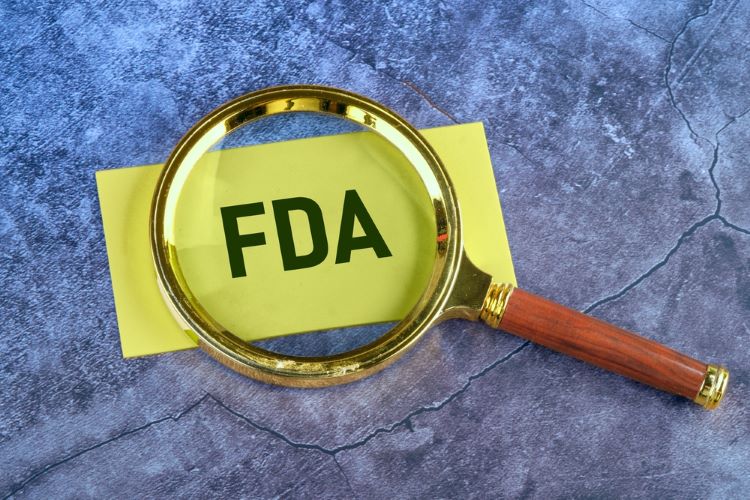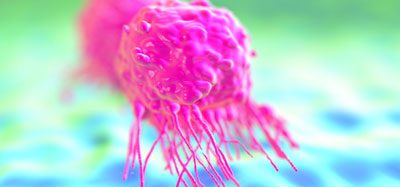FDA approves first-of-a-kind gene therapy for dystrophic epidermolysis bullosa
Posted: 2 May 2025 | Catherine Eckford (European Pharmaceutical Review) | No comments yet
With clinical data showing the gene therapy can address large and challenging chronic wounds, the FDA’s decision will help improve quality of life for dystrophic epidermolysis bullosa (DEB) patients.


The US Food and Drug Administration (FDA) has approved Zevaskyn ™ (prademagene zamikeracel) as the first autologous cell-based gene therapy for treating recessive dystrophic epidermolysis bullosa (RDEB) wounds. Also known as pz-cel, the cell sheet-based treatment is applied via a single surgical application.
The gene therapy uses a patient’s keratinocyte cells that have been genetically modified, so that they produce functional Type VII collagen, Abeona Therapeutics explained. This approval follows the FDA’s decision last month, to authorise another novel therapy to manage a chronic skin condition: chronic spontaneous urticaria.
Clinical evidence that led to the FDA’s approval
In the Phase III VIITAL™ study, Zevaskyn enabled 50 percent or more healing for large, chronic wounds in 81 percent of cases at six months. This was compared to 16 percent in 43 matched control wounds treated with standard of care.
“In the completed Phase I/IIa study of Zevaskyn, we have observed wound healing and pain reduction that have lasted for years after a single application,” commented Dr Jean Tang, PhD, professor of dermatology and lead principal investigator of the VIITAL study.
Opportunities for Zevaskyn as a gene therapy
“Zevaskyn can now offer people with [recessive dystrophic epidermolysis bullosa] the opportunity for wound healing and pain reduction in even the most severe wounds, as evidenced by the results from our pivotal Phase III study”
“Grafting gene-corrected skin onto chronically open wounds of patients with recessive dystrophic epidermolysis bullosa promises the potential to provide long-term healing of wounds, reduction in pain and reduced risk of infection. This therapeutic option will nicely complement recently approved topical products,” Dr Amy Paller, paediatric dermatologist and clinical researcher commented.
“Zevaskyn can now offer people with [recessive dystrophic epidermolysis bullosa] the opportunity for wound healing and pain reduction in even the most severe wounds, as evidenced by the results from our pivotal Phase III study,” stated Vish Seshadri, PhD, MBA, Chief Executive Officer of Abeona.
Across both clinical studies, the gene therapy Zevaskyn was well-tolerated and to date, has not demonstrated treatment-related serious adverse events in patients, according to Abeona.
The company shared that the treatment is expected to be available from the start of Q3 quarter of 2025.
Related topics
Biopharmaceuticals, Clinical Development, Clinical Trials, Data Analysis, Drug Development, Gene therapy, Industry Insight, Regulation & Legislation, Research & Development (R&D), Therapeutics









